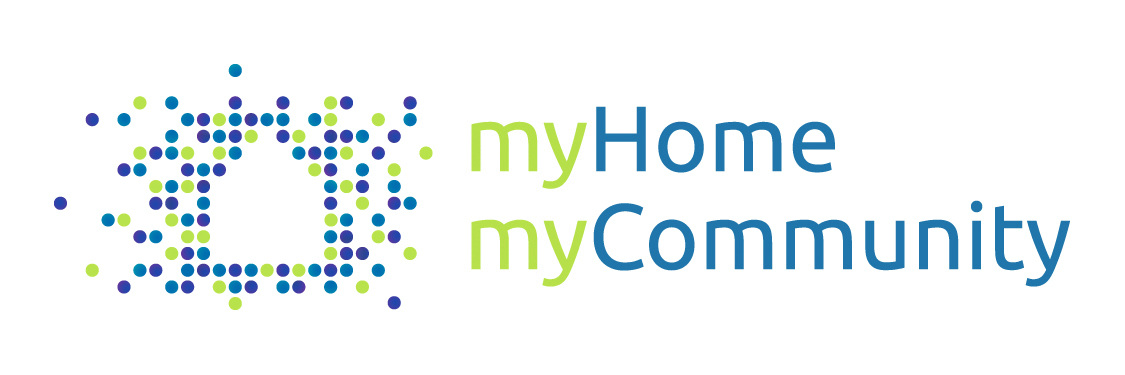Inclusion is key to better housing solutions
For decades, people with developmental disabilities have had their choices in life limited - the most well-known example being choice over where they live. Before the 1980s, institutions were the most common living arrangement for people with disabilities in Canada. Parents were strongly encouraged by medical professionals to ‘place’ their loved-one in an institution and continue on with their lives. Tucked aside and away from the public, people with disabilities experienced horrible neglect, abuse and violation of their rights while in institutions. Many are still living with the harm caused.
When most large institutions closed in Canada, due to advocacy efforts by people with disabilities and their families, people were moved into ‘group homes’ or other settings where smaller groups of people with disabilities are placed together. These kinds of living arrangements are still very common today, and are often seen as the only alternative option to large institutions. Although created with good intentions, in many ways these congregate arrangements still limit the choices of people with disabilities - by controlling where and with whom they live, as well as their daily routine (what and when to eat, what time to get up and go to bed, when to bathe, what activities to do, who can visit and when, etc.)
People with disabilities and their families knew that something better was possible and have worked hard to make “something better” a reality. Instead of group-based living arrangements, families began exploring individual housing options, spread out in everyday neighbourhoods. These inclusive options not only offer people with a developmental disability the choice and dignity they deserve, but make the community a better place for everyone to live.
Although many now agree that inclusive housing is the best option to ensure that people with developmental disabilities are able to fully participate in the community, there are still barriers standing in the way.
Approximately 30,000 adults with developmental disabilities live in congregate care facilities and group homes. Approximately 10,000 adults under 65 with developmental disabilities are forced to live in hospitals, nursing homes and similarly unsuitable long-term care environments due to a shortage of housing and support options.**
We’re working to develop housing solutions to change this. Unlike other models of housing that aim to ‘place’ people in whatever space is available, we believe that inclusive housing is the essential ingredient to creating better housing options that promote freedom, dignity, and belonging.
My Home My Community is based on the principle that people with developmental disabilities deserve the same housing options as everybody else - and with the right supports, are fully capable of living independently, working, volunteering and participating in the regular life of their communities. We’re working with self-advocates, families, and experts in housing, disability and inclusion to create new models of inclusive housing for people with a developmental disability, and finding creative ways to make them happen at local and national levels.
We’re doing this work because we know that having a home of your own is about much more than just having a roof over your head. A real home means choice, safety, financial security, and meaningful opportunity to be part of the community. Plus, there’s huge demand for better housing options by people with a developmental disability and their families.
By using existing resources in creative ways, we can develop enough inclusive, affordable housing so that no one with a developmental disability is forced to settle for housing that denies them their freedom and dignity. My Home My Community offers us a way to share these creative options with families across the country, so we can learn from each other.
Research has shown us that when we give people who are isolated real opportunities for inclusion, our neighbourhoods become safer, our communities more vibrant, and our society more connected. We’re exciting to share our work with you because we know that when we build inclusive communities, everyone benefits.
**Meeting Canada’s Obligations to Affordable Housing and Supports for People with Disabilities to Live Independently in the Community, submission to the Committee on the Rights of Persons with Disabilities for the 17th Session, March 2017.
